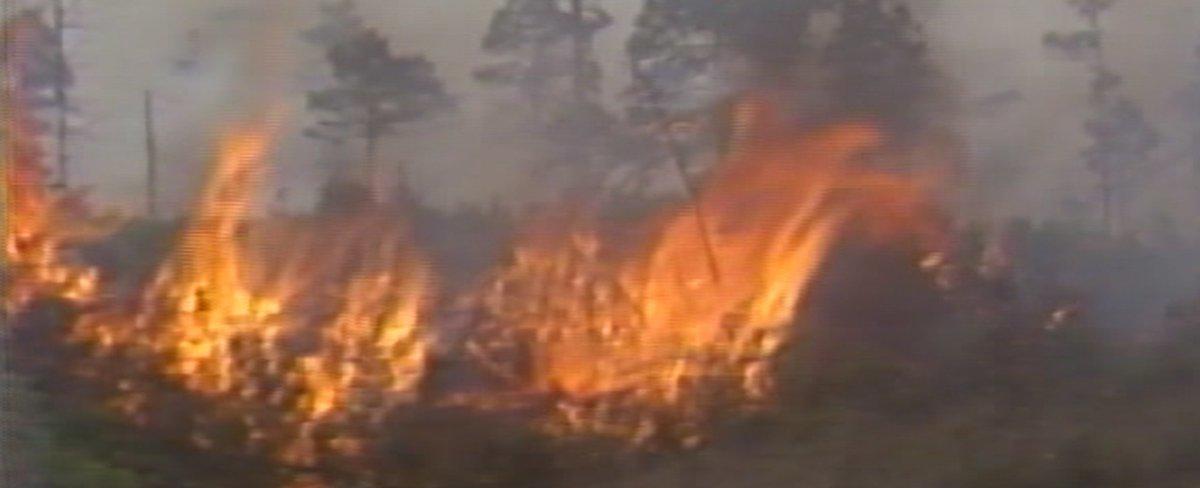Eastern Carolina has history of massive wildfires

As wildfires continue to rage in the western United States, it’s easy to forget that other parts of the country are also susceptible to these types of disasters. One area that has a long and storied history of massive wildfires is Eastern Carolina.
According to a recent article, Eastern Carolina has experienced some of the largest wildfires in the state’s history. The 2008 Pocosin Lakes fire burned over 40,000 acres and took months to fully contain. Similarly, the 2011 wildfire in Pender County consumed more than 22,000 acres and destroyed dozens of homes.
Experts attribute these massive wildfires to a combination of factors, including climate change, the encroachment of human development into wild areas, and years of fire suppression that have allowed fuel loads to build up.
Beyond the immediate threat to homes and property, wildfires in Eastern Carolina can also have significant ecological impacts. The region is home to a number of unique and endangered species, and fires can disrupt their habitats and push them closer to extinction. In addition, these fires can release massive amounts of carbon into the atmosphere, contributing to climate change.
Despite the risks, some residents of Eastern Carolina continue to oppose efforts aimed at managing and preventing wildfires. But with climate change and development placing ever-increasing pressure on the region’s forests and wetlands, it’s clear that more needs to be done to address this issue.
Overall, the history of massive wildfires in Eastern Carolina serves as a reminder that these types of disasters can happen anywhere, and that we need to be proactive in our efforts to prevent them. Whether that means implementing more effective management strategies or taking steps to reduce our impact on the environment, the stakes are too high to ignore this issue.
Quick Links

